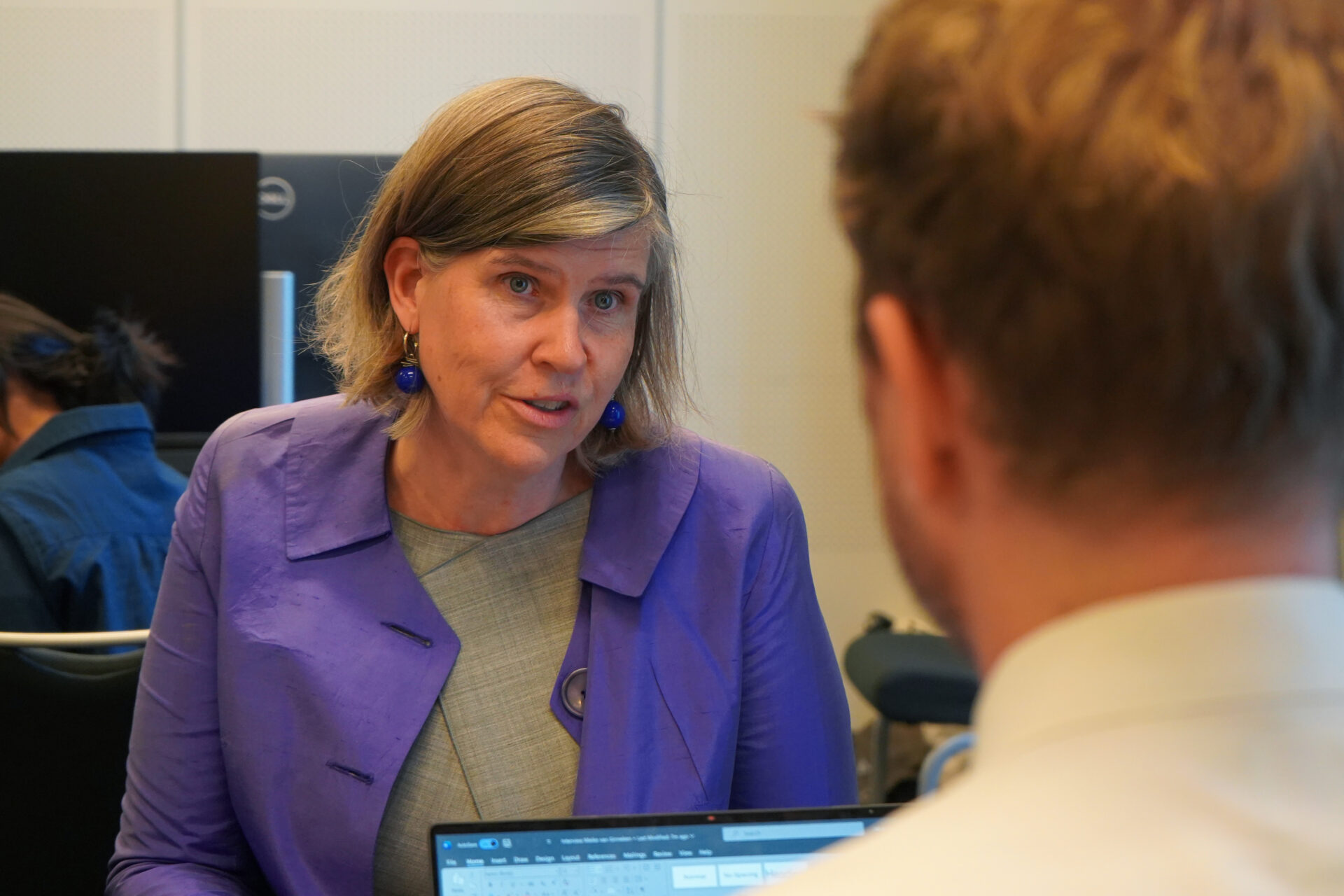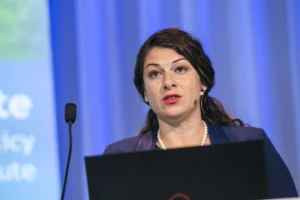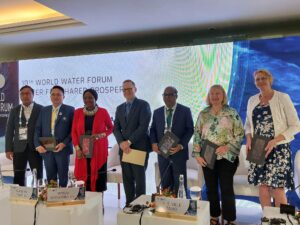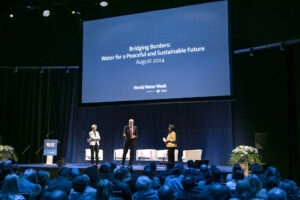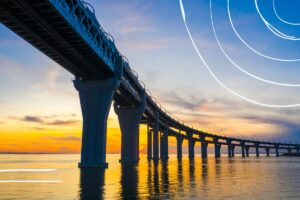Bridging Borders: A Conversation with Meike van Ginneken
“Wherever I go I see the inspiration that the [UN 2023 Water Conference] has brought, whether it’s with a community group in Cartagena or farmers in Egypt or Iraq.”
The Conference of the Parties
The next months will bring several opportunities for stronger cross-sectoral collaboration. Some of them lie within the UN system and the Conferences of the Parties (COPs) on climate, biodiversity and against desertification: “We may never get a COP on water in the current geopolitics, so let us work with the others. We need to take the approach that water is vital for all SDGs and act accordingly.”
For water and climate, van Ginneken sees a distinction between the climate COP29 in Azerbaijan and COP30 in Brazil: “The negotiations in Baku will primarily focus on finance and mitigation. Water is the engine of climate adaptation, which will play a bigger role at COP30 in Brazil. This does not mean that we should not engage at this year’s climate conference. We need to keep positioning water at the COP.”
One way to do so is through close cooperation with the COP Presidency. During the World Water Week High-Level Panel on Water’s Pathway in Global Processes, the water community received a video message from Mukhtar Babayev, President-Designate for COP29 and Minister of Ecology and Natural Resources of Azerbaijan. In his statement, he said that water “is an issue we must address at every COP. […] We will build on the work of COP26, 27, and 28 which have done so much to push water to the top of the climate agenda. […] We will also set up new measures to ensure that water is better represented at COPs going forward.”
Van Ginneken outlines that Azerbaijan is preparing “14 initiatives, with one being on water. We are working together with the COP Presidency around this. What stood out to me was the question of how to anchor water as a theme in the UN process and the inter-COP periods.”
Message from Mukhtar Babayev, President-Designate for COP29
at the High-Level Panel during World Water Week 2024
Permanently positioning water in the climate space could be a major step in the right direction: “Right now, we must always fight for a seat at the table. We need to create an understanding that water and climate should not be seen as separate. We are still working on that”, says van Ginneken. Her outlook on global water and climate processes remains positive: “Every year we make small steps forward, but we are getting on track.” At the same time, van Ginneken warns: “The climate impacts we experience at this stage are higher than what was thought. We need to balance more towards adaptation.”
Water for a Peaceful and Sustainable Future
Climate change is also an increasing challenge to water cooperation. World Water Week 2024 explored the various connections between water, peace, and security with the theme of Bridging Borders: Water for a Peaceful and Sustainable Future. Van Ginneken highlights: “Water can be a trigger of conflict, a weapon of war, and a casualty. In my experience, the solution always starts with dialogue and the sharing of perspectives.”
“We need to take the approach that water is vital for all SDGs and act accordingly.”
Cooperation mechanisms such as river basin organizations and basin committees “do not always work the way we want them to, but they have a big impact. When there is a conflict at least people know each other. Sometimes just having each other’s phone numbers can make all the difference. My lesson learned is to start small and build trust and understanding. I am convinced that we have avoided a lot of wars through water management.”
Reflecting on her priorities for the future, van Ginneken points out her commitment to water and sanitation as well as water resource management: “My role as a Water Envoy is to be a cheerleader for water. We have a seat at the table now, but we need to maintain it in processes like COP, but also on the national level to keep the momentum.”
